
Polarised vs UV protection sunglasses - Which one fits your need? Find out!
In the realm of stylish eyewear, two prominent contenders have been captivating the attention of fashion enthusiasts and outdoor adventurers alike: polarized and UV protection sunglasses. With sunny days ahead, the quest for the perfect shades becomes more relevant than ever.
But what sets polarized and UV sunglasses apart?
Are they interchangeable, or do they each bring their unique benefits to the table?
As we dive into the world of eyewear, let's unravel the intricacies of polarised vs UV sunglasses and equip ourselves with the knowledge to make the right choice for sun-soaked days.
Understanding Polarised Sunglasses:
Polarised sunglasses have earned their reputation for reducing glare and enhancing visual clarity. Glare, caused by sunlight bouncing off surfaces like water, roads, or shiny objects, can strain the eyes and even compromise safety.
Polarized sunglasses are specially designed eyewear that offers advanced glare reduction and enhanced visual clarity. This specialized filter helps to improve visibility by reducing eye strain and enhancing contrast and color perception.
Polarized lenses are designed to combat this glare by incorporating a special filter that blocks horizontal light waves, thereby reducing glare and providing a more comfortable and sharper vision. Ideal for activities like driving, fishing, or spending time near water, polarized sunglasses offer a serene visual experience.
Learn in depth on how polarised sunglasses work here
Polarized Sunglasses Usage and Considerations:
When donning polarized sunglasses, it's essential to keep certain considerations in mind. While they excel in reducing glare, they may not be suitable for specific scenarios.
Pilots, for instance, should avoid polarized lenses as they might interfere with their ability to read instrument displays. Additionally, skiing or snowboarding in overcast conditions could hinder visibility due to the reduced reflection of light.
Here are some common uses of Polarized Sunglasses:
1. Reducing Glare:
Polarized sunglasses excel at minimizing glare caused by reflections from surfaces like water, roads, or snow. This enhances visual comfort and reduces eye strain, making them perfect for activities near bright surfaces.
2. Driving:
Polarized lenses are especially beneficial for drivers as they improve visibility by reducing glare from the road and other vehicles. This enhances road safety and minimizes accidents caused by glare-related distractions.
3. Water Activities:
Whether you're boating, fishing, or simply enjoying a day at the beach, polarized sunglasses enhance your ability to see beneath the water's surface. They eliminate the blinding glare, allowing you to spot fish and obstacles more easily.
4. Outdoor Sports:
Polarized sunglasses are favored by outdoor enthusiasts engaging in activities like golf, biking, or hiking. They provide clear vision and better depth perception, enabling you to navigate varied terrains with confidence.
5. Skiing and Snowboarding:
Polarized sunglasses are excellent for snow-related sports as they reduce glare from the snow's reflective surface. However, be cautious in overcast conditions, as excessive polarization might hinder visibility.
6. Reducing Eye Fatigue:
By reducing glare, polarized sunglasses alleviate the strain on your eyes, making them suitable for extended outdoor activities.
7. Enhancing Visual Clarity:
Polarized lenses enhance contrast and visual sharpness. This is particularly useful in environments where details need to be distinguished clearly, such as when reading or spotting hazards.
8. Fashion and Style:
Polarized sunglasses are not only functional but also stylish. Many designer eyewear brands offer polarized options that not only protect your eyes but also complement your outfit.
9. Photography:
Polarized sunglasses can improve photography by reducing glare and reflections. They can be used to enhance outdoor shots, particularly those involving water or highly reflective surfaces.
10. Reducing Light Sensitivity:
People with light sensitivity or certain eye conditions, such as cataracts, may find relief from bright sunlight by using polarized sunglasses.
Take a look at our curated list of best UV protection sunglasses.
Durability and Lens Color of Polarized Sunglasses:
Polarized sunglasses come in various lens colours, each serving a distinct purpose. Grey lenses maintain true colour perception and reduce brightness, making them an excellent choice for driving. Brown or amber lenses enhance contrast and are well-suited for outdoor activities. Green lenses offer balanced colour perception, making them versatile for different environments.
Identifying Polarized Sunglasses:
Identifying polarized sunglasses is relatively simple. They feature a distinct 'P' or 'Polarized' label, and when rotated, they noticeably darken and lighten. Many manufacturers include a polarized label or logo on the lens or frame to indicate their polarization.
Additionally, you can perform a simple test by holding the sunglasses in front of a screen that emits glare (like a computer or phone screen). Rotate the sunglasses while looking at the screen. If the intensity of the glare diminishes or disappears at a certain angle, the sunglasses are likely polarized.
However, keep in mind that this method is not foolproof and might not work for all types of screens.
Disadvantages of Polarized Sunglasses:
While polarized sunglasses offer a range of benefits, they do have some potential disadvantages.
- One key drawback is that they may make it difficult to see certain types of LCD displays, like those found in some car dashboards, smartphones, or ATMs.
- The polarization can create a distortion effect on these screens, making it hard to read the information.
- Additionally, polarized sunglasses may not be the best choice for low-light conditions or when skiing on overcast days, as they can reduce visibility in such scenarios.
- Lastly, high-quality polarized sunglasses can be relatively expensive compared to regular non-polarized options, which might be a consideration for some individuals.
Understanding UV Protection in Sunglasses:
UV protection is a paramount aspect of sunglasses, serving as a shield for eyes against the harmful ultraviolet rays emitted by the sun.
Extended exposure to UV rays can lead to serious eye health issues, such as cataracts or photokeratitis. UV-protected sunglasses, often labelled as 'UV 400,' block 99 to 100% of both UVA and UVB rays.
There is an indepth process behind how UV sunglasses protect your eyes.
Balancing UV Protection and Polarization:
The question arises: do you have to choose between UV protection and polarization?
The answer is no.
Many high-quality sunglasses offer both features, ensuring your eyes are shielded from UV rays while also enjoying reduced glare. For all-around protection, prioritize sunglasses that offer both effective UV shielding and polarization, allowing you to enjoy clear vision while safeguarding your eyes from sun-induced harm.
Here are some of our amazing UV protection polarised sunglasses
Browse our full range of men's and women's polarised sunglasses here.
Choose Between Polarized and UV Sunglasses:
The decision between polarised vs UV 400 sunglasses boils down to your specific needs and preferences.
If your activities often involve being around water, driving, or outdoor sports, polarized sunglasses can significantly enhance your visual experience.
On the other hand, if your primary concern is protecting your eyes from harmful UV rays, UV-protected sunglasses are a must-have. Ideally, finding a pair that marries both features will grant you the best of both worlds.
Conclusion:
In the battle of polarized vs. UV protected sunglasses, there's no clear winner, as each comes with its unique advantages.
However, one thing is certain: whether you're sailing the seas or lounging on the beach, safeguarding your eyes from UV rays should always be a priority.
As you explore the world of sunglasses, remember that the best choice is the one that aligns with your lifestyle, offering both unparalleled vision and unbeatable protection. So, embrace the sunshine with confidence, knowing that your well-informed decision will have you basking in style and safety.
FAQs
Are Polarised sunglasses better?
Polarized sunglasses are often considered better for reducing glare from surfaces like water or roads. They enhance visibility, reduce eye strain, and provide clearer vision in bright conditions. They are not however used all the time, their effectiveness depends on personal preference and specific use cases.
Should I get polarized sunglasses for everyday use?
Choosing polarized sunglasses for everyday use can be beneficial, as they reduce glare and provide better clarity in various situations, including driving, outdoor activities, and even casual walks. However, consider individual preferences and needs, as some people might prefer non-polarized lenses for certain activities or screen viewing.
How long do Polarised sunglasses last?
The lifespan of polarized sunglasses varies depending on usage and care. With proper maintenance, they can last for several years. Regular cleaning, storage in a protective case, and avoiding rough handling contribute to their longevity. Consider replacing them if scratches or other signs of wear affect their performance.
Which sunglasses are best for eye protection?
Wrap-around sunglasses with UV protection and polarized lenses are among the best for comprehensive eye protection. They shield your eyes from harmful UV rays and reduce glare, making them ideal for outdoor activities. Look for reputable brands that offer high-quality lenses to ensure optimal eye safety.
Can I use polarized glasses at night?
Using polarized glasses at night is generally not recommended. Polarized lenses are designed to reduce glare from horizontal surfaces, which can be useful during the day. However, at night, they can make it harder to see certain objects and may not provide the same benefits as during daylight hours.
What is UV category 3 sunglasses?
UV category 3 sunglasses provide high levels of protection against harmful UV radiation. They effectively filter out around 82-92% of UV rays, making them suitable for most outdoor activities. These sunglasses are ideal for sunny conditions, offering a balance between glare reduction and maintaining good visibility.
Does 100% UV protection mean sunglasses are polarized?
No, 100% UV protection doesn't necessarily mean sunglasses are polarized. UV protection shields your eyes from harmful ultraviolet rays. Polarization, on the other hand, reduces glare from horizontal surfaces. Some sunglasses combine both features for enhanced eye care, but they are distinct attributes.





























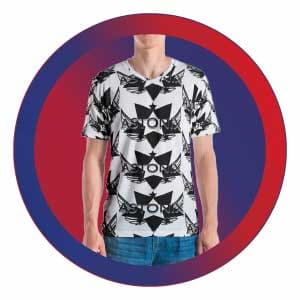

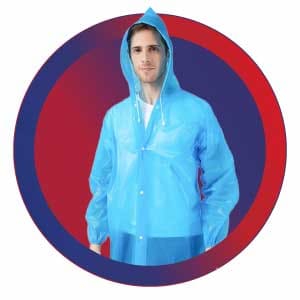
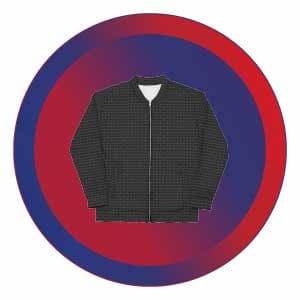
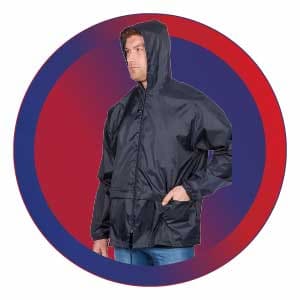
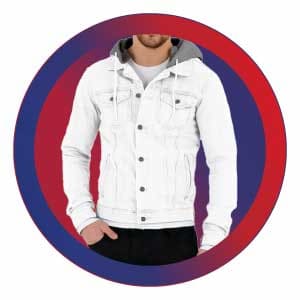


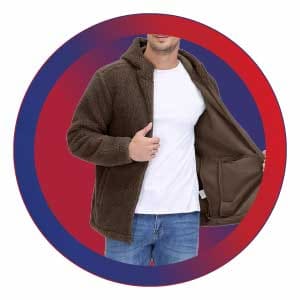















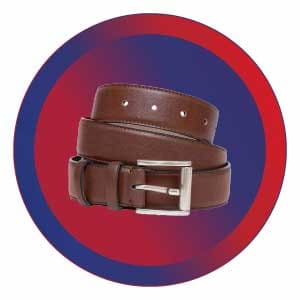


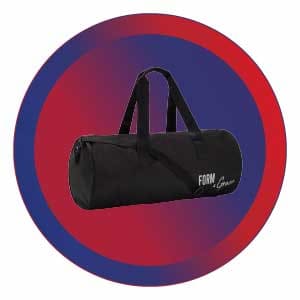

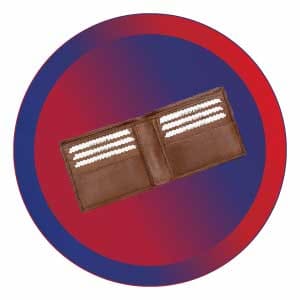

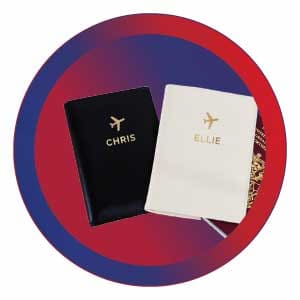







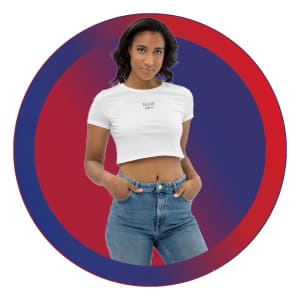

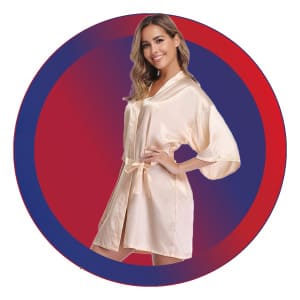

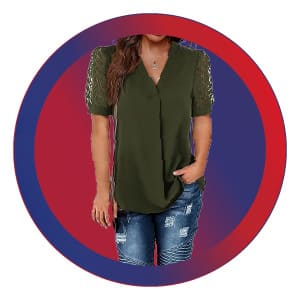

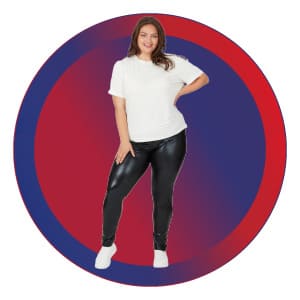
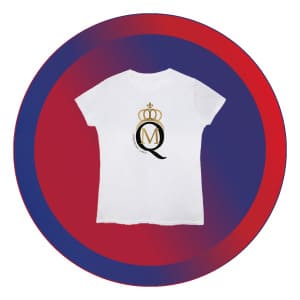
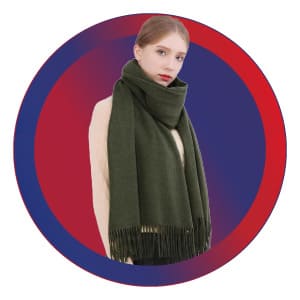

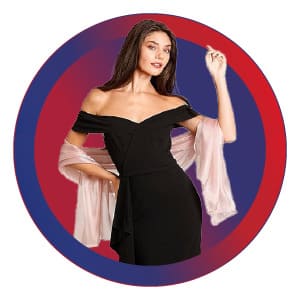
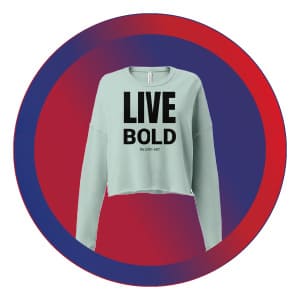
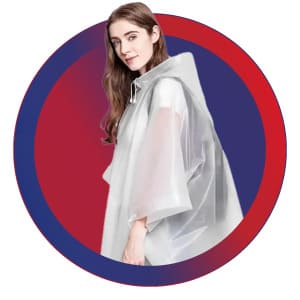



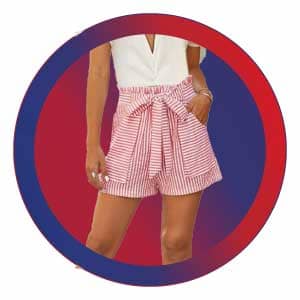


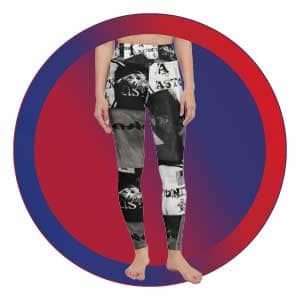


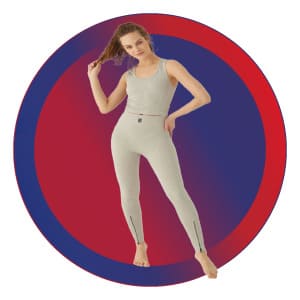
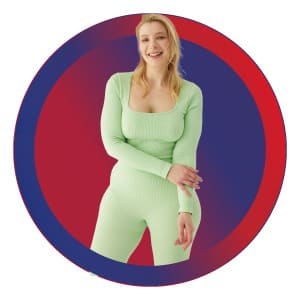
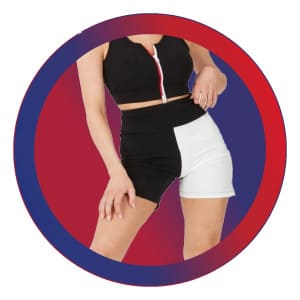
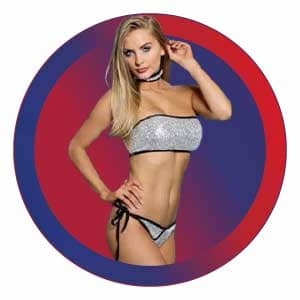
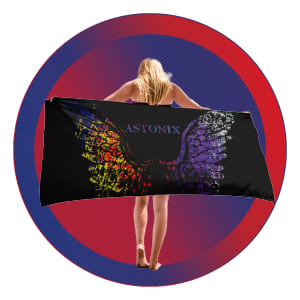
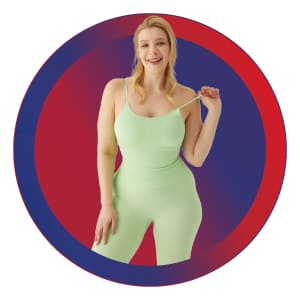




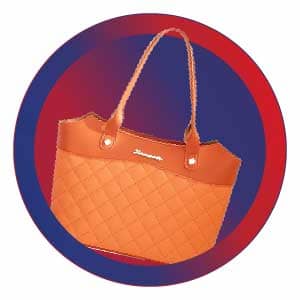

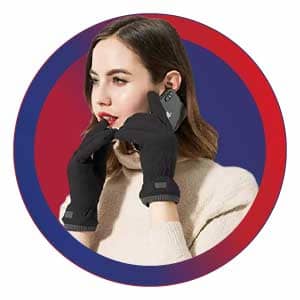

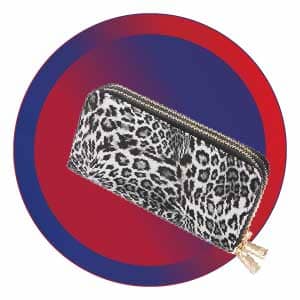
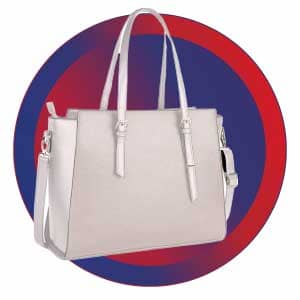




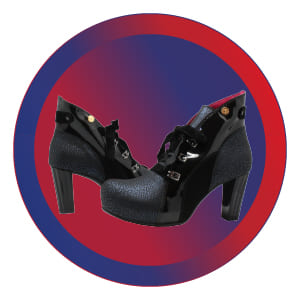

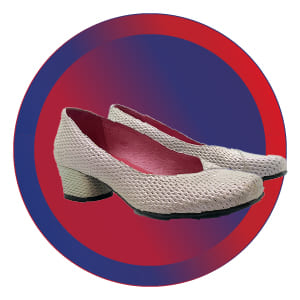

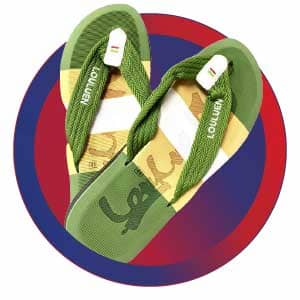



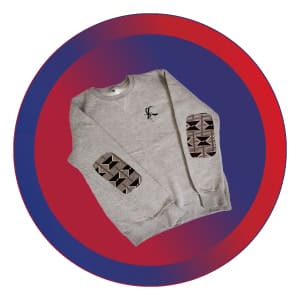
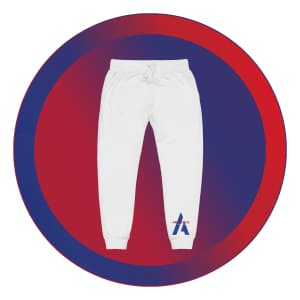

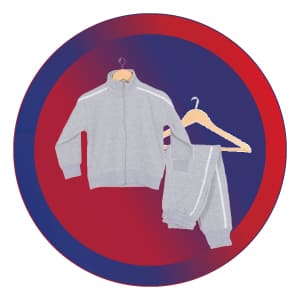








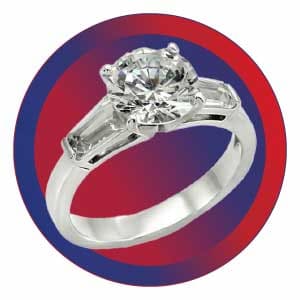
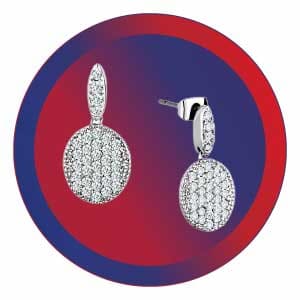
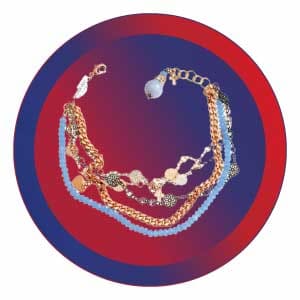
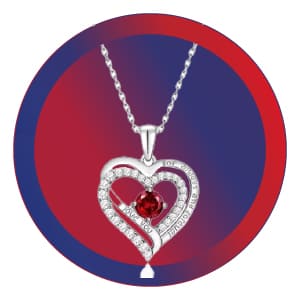
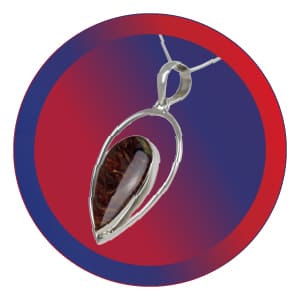
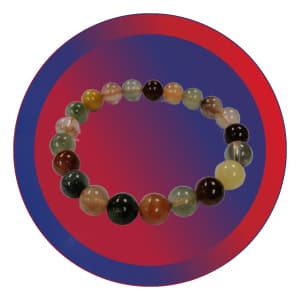
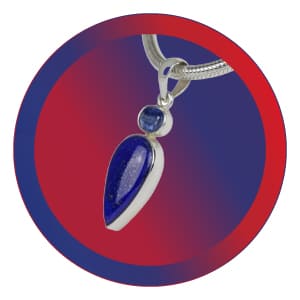
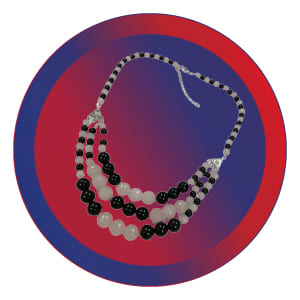
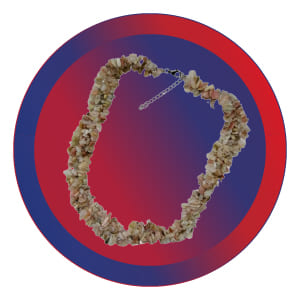

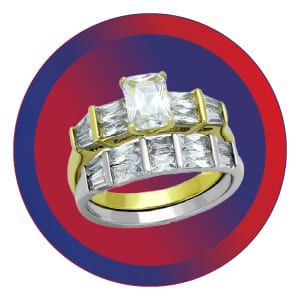
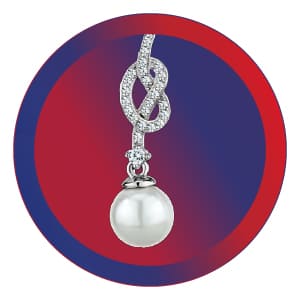
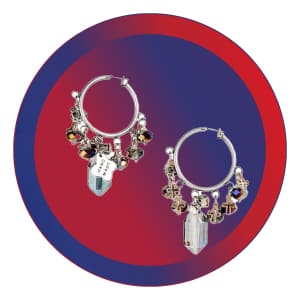
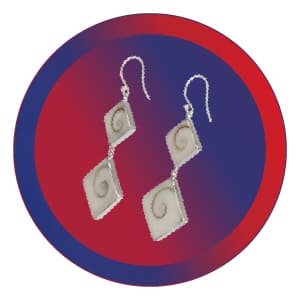
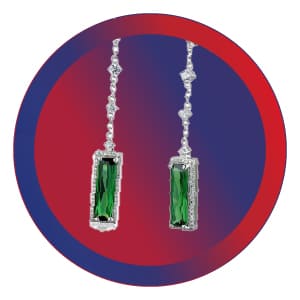
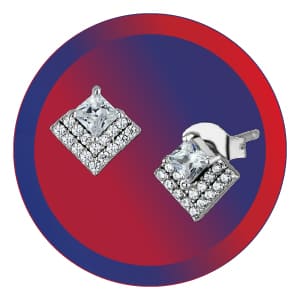
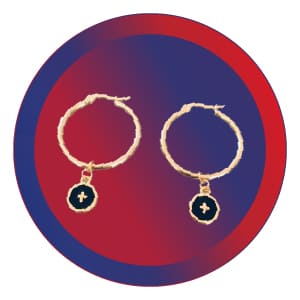
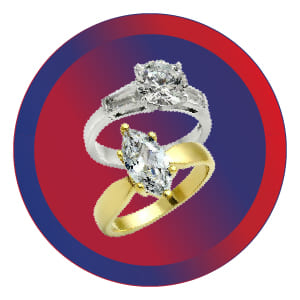
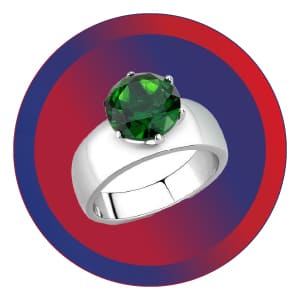
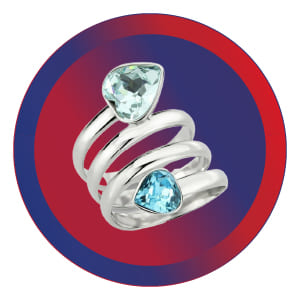

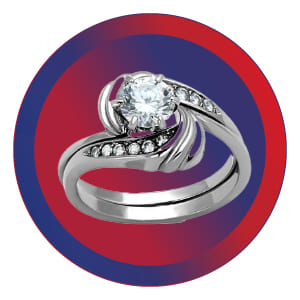
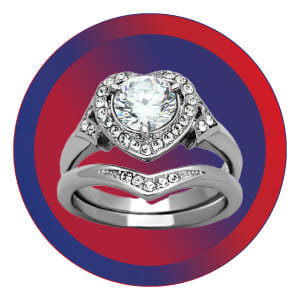
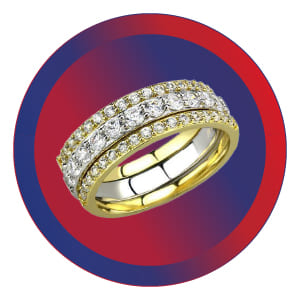
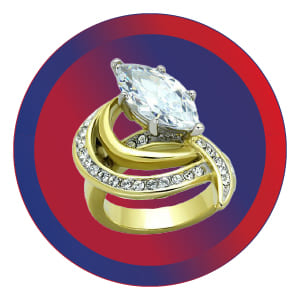

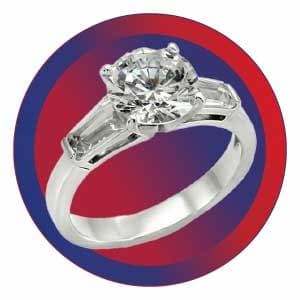
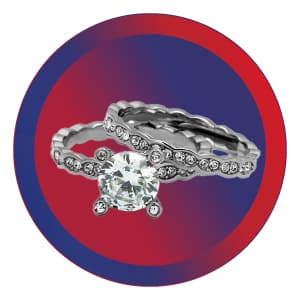
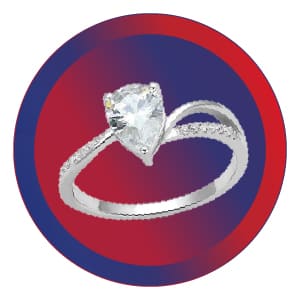
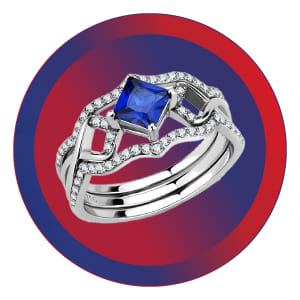
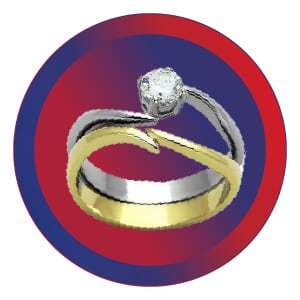
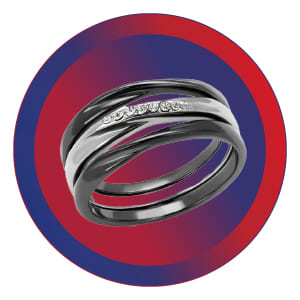
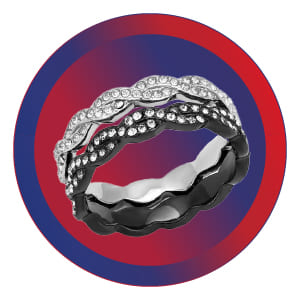
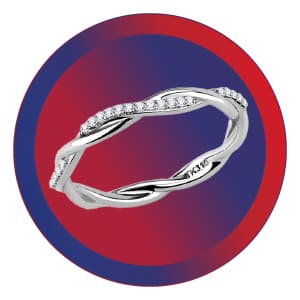


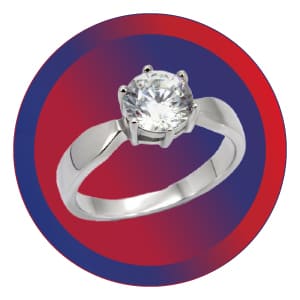
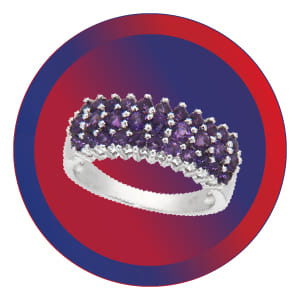
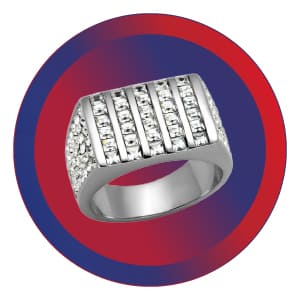
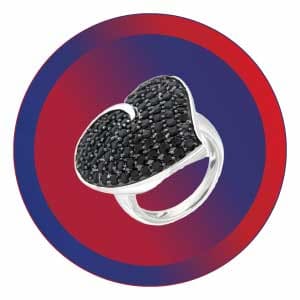
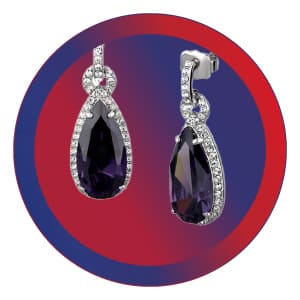

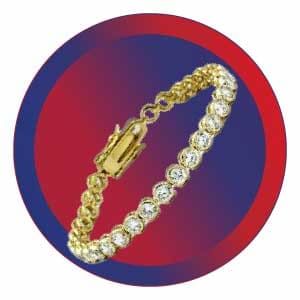

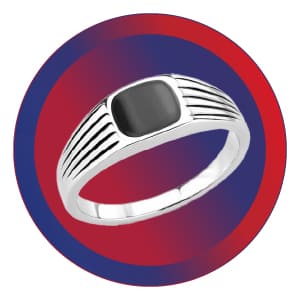
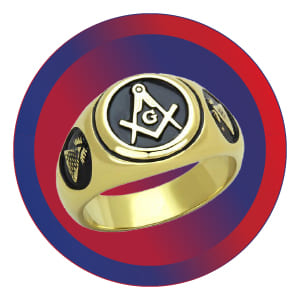

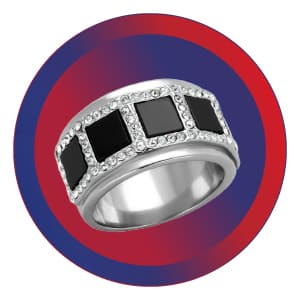
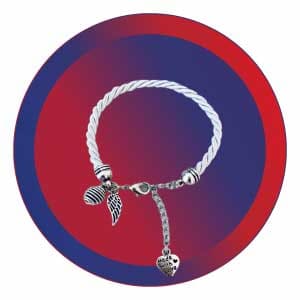
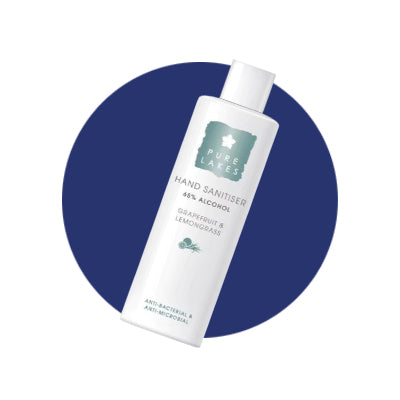
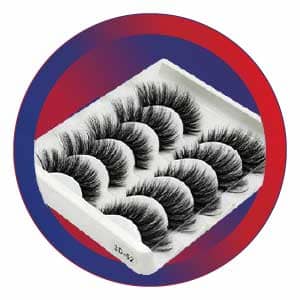
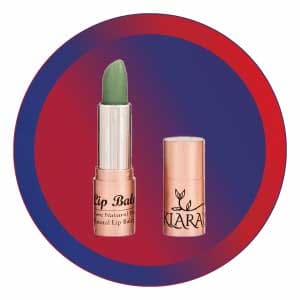

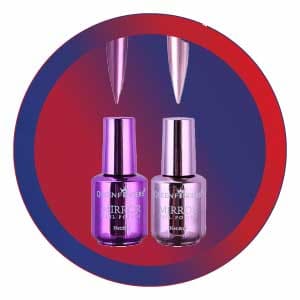
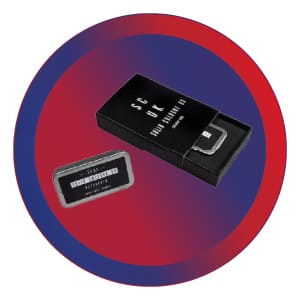
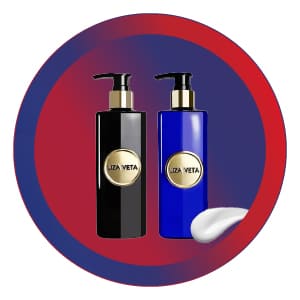



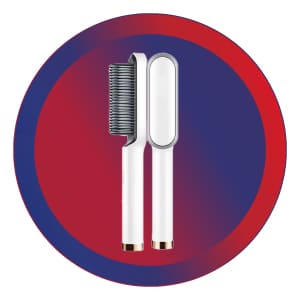
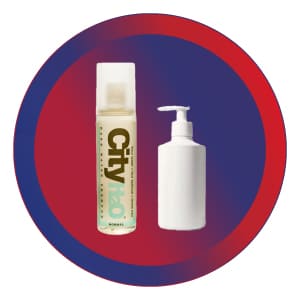
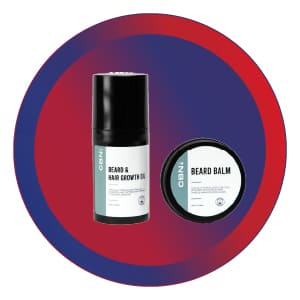
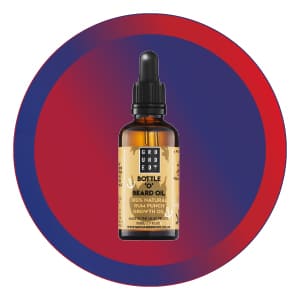
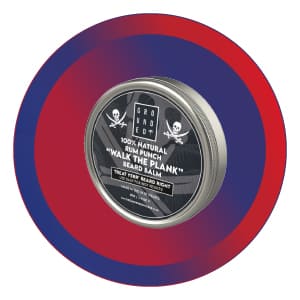
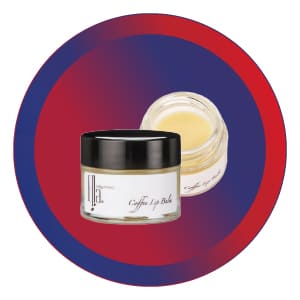
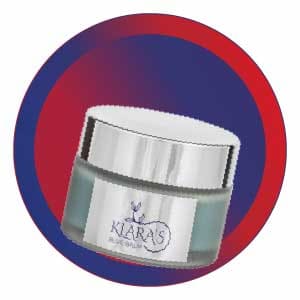
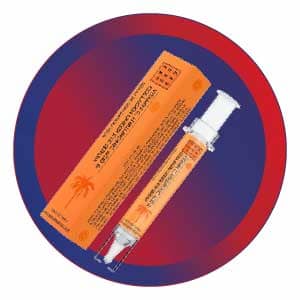
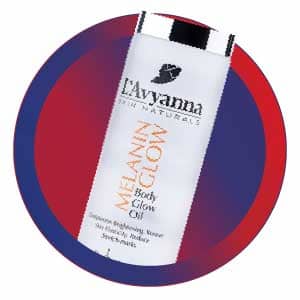
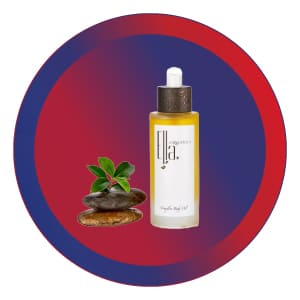
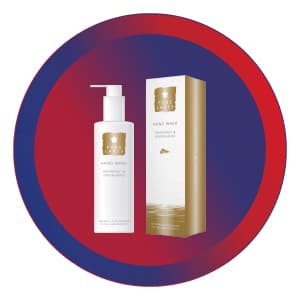
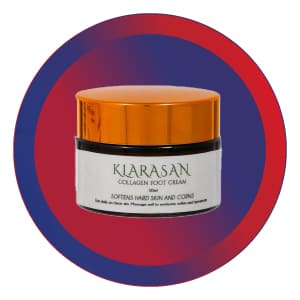
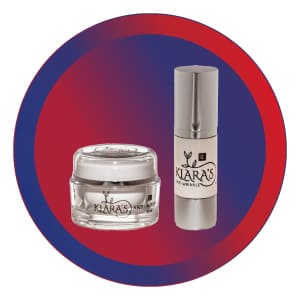
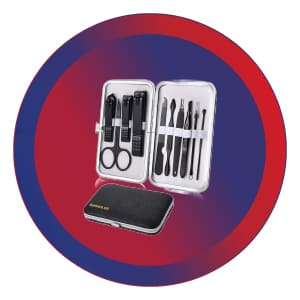
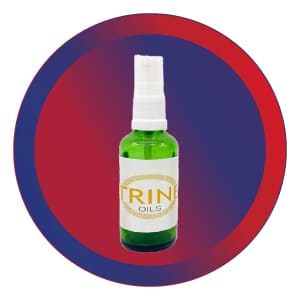

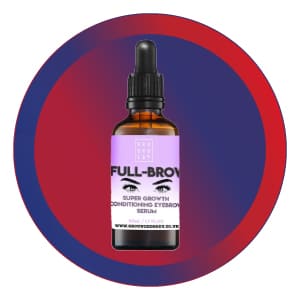
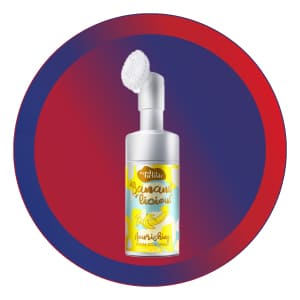
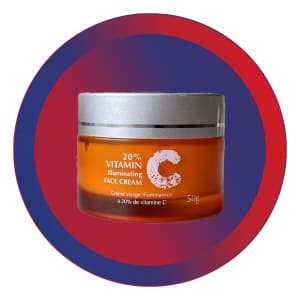
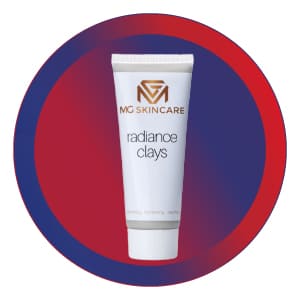
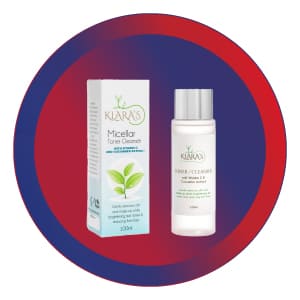

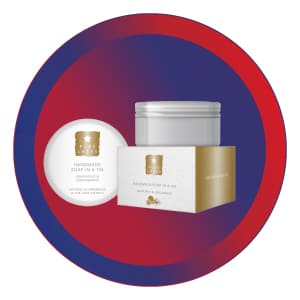

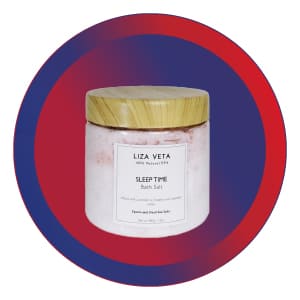

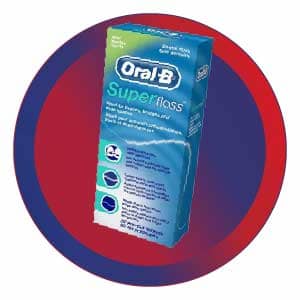
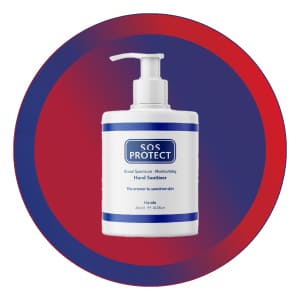
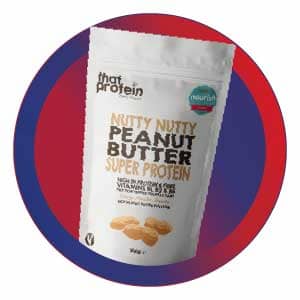

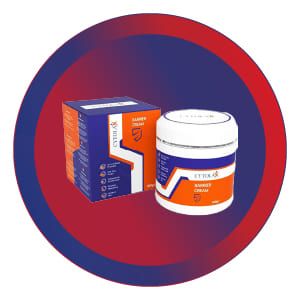

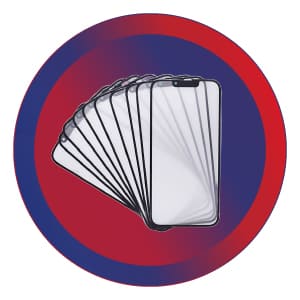

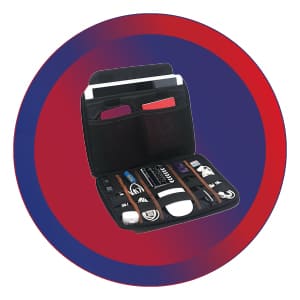
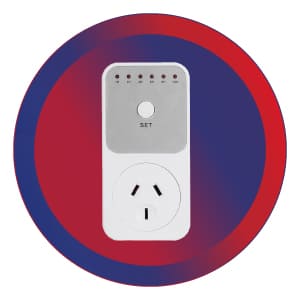
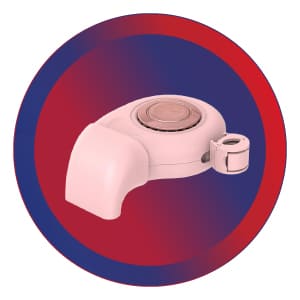

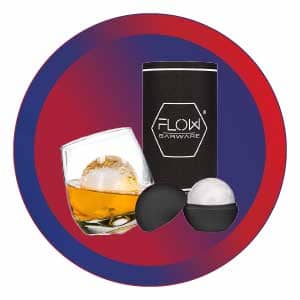







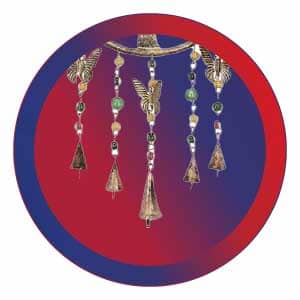

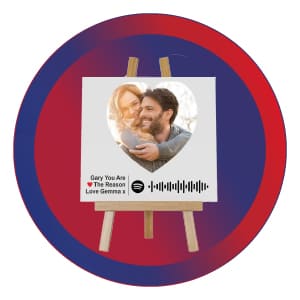

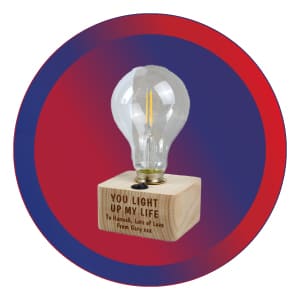

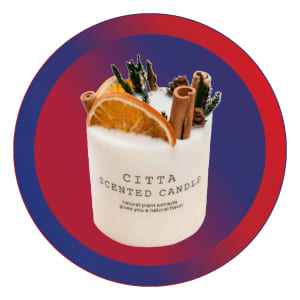
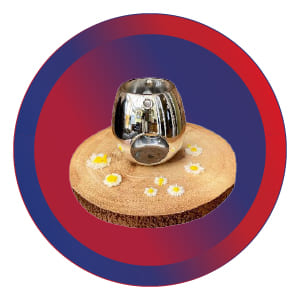
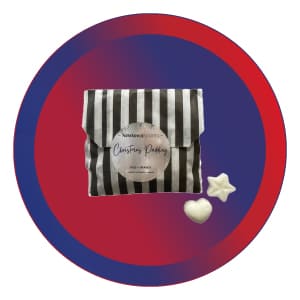

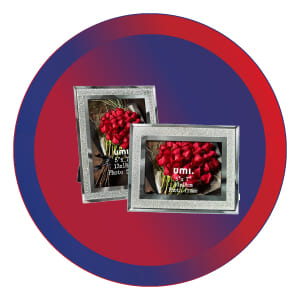

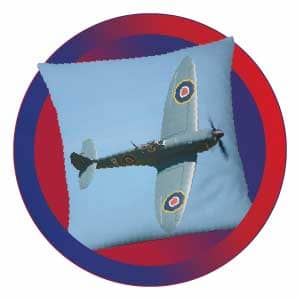
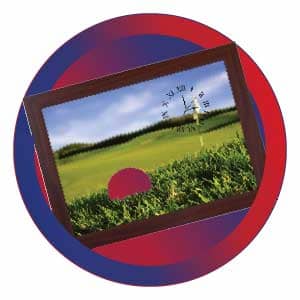

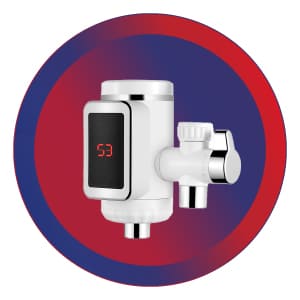




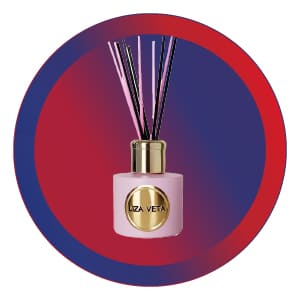


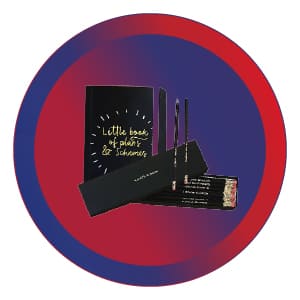










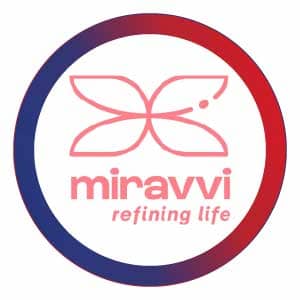















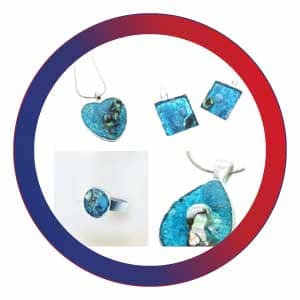























Leave a comment
All blog comments are checked prior to publishing